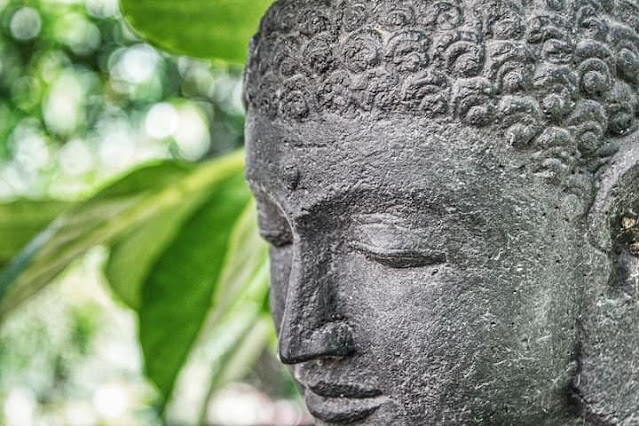Reiki Origins and Influences
Reiki Origins and Influence
Reiki, as a healing practice, incorporates various influences from spiritual, cultural, and healing traditions. Mikao Usui, the founder of Reiki, is credited with formalizing the practice, and Reiki has evolved over time with contributions from subsequent practitioners and teachers. Some key influences on Reiki include:
Japanese Spiritual Traditions:
- Mikao Usui is thought to have been influenced by the spiritual and cultural traditions of Japan. Elements of Shinto and Buddhist philosophies, which emphasize interconnectedness, harmony, and balance are reflected in the principles and practices of Reiki.
Qi (Ki) in Traditional Chinese Medicine:
- The concept of qi, or ki in Japanese, is central to Reiki. Traditional Chinese Medicine and its understanding of qi, the vital life force energy, likely influenced Usui's conceptualization of energy flow and balance within the body.
Tendai Buddhism:
- Mount Kurama, where Usui is said to have received the inspiration for Reiki, has connections to Tendai Buddhism. The practices of meditation and seeking spiritual enlightenment on Mount Kurama may have influenced the meditative and contemplative aspects of Reiki.
Esoteric and Mystery Schools:
- Usui's background may have been influenced by esoteric and mystery school teachings. These schools often explore hidden or mystical knowledge related to healing, energy, and spiritual development.
Shugendo Practices:
- Shugendo is a Japanese mountain asceticism tradition that involves spiritual practices on sacred mountains. Mount Kurama has connections to Shugendo, and Usui's experience on this mountain may have been influenced by Shugendo practices.
Intuitive and Channeling Practices:
- Usui's ability to channel healing energy intuitively is a key aspect of Reiki. This may be influenced by broader traditions that involve intuitive healing, energy channelling, and spiritual communication.
Chujiro Hayashi's Contributions:
- Chujiro Hayashi, a naval officer and one of Usui's students, played a significant role in the development of Reiki. Hayashi added structure to the hand positions used in Reiki sessions and established the first Reiki clinic in Tokyo. His background in Western medicine and naval discipline also contributed to the systematization of Reiki practices.
Hawayo Takata's Adaptations:
- Hawayo Takata, a Japanese-American woman, played a crucial role in bringing Reiki to the West. She received training from Chujiro Hayashi and later adapted some aspects of Reiki to make it more accessible to Western audiences.
Global Spiritual and New Age Movements:
- As Reiki spread beyond Japan, it assimilated influences from various global spiritual and New Age movements. Different Reiki lineages and practitioners have integrated diverse spiritual perspectives into their practice.
Reiki continues to evolve, with practitioners incorporating their insights and experiences into the tradition. Reiki is a dynamic practice that may be shaped by the cultural and spiritual backgrounds of its practitioners.
If you would like to experience reiki for yourself or find out more about it please get in touch with us at HeartSong Normandie



Comments
Post a Comment